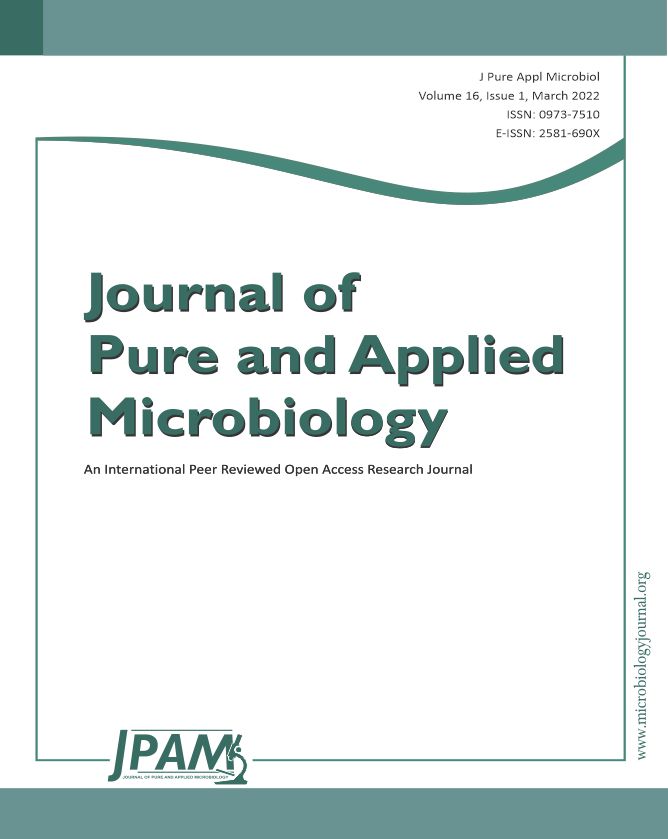Gram-positive pathogens are causing many serious infections that affect humans and result in mild to severe diseases worldwide. In order to survive and initiate infection, enteric pathogens must resist the physiochemical defence factors in the human intestinal tract. One of these defence factors is bile, a potent antibacterial like compound in the intestine. Efflux pumps are the important mechanism by which bacteria resist antibacterial agents such as bile. Efflux of antimicrobial substances outside the bacterial cell is considered as a key factor for intestinal colonization and virulence of enteric pathogens. This paper will review the research conducted on efflux–mediated bile resistance in Staphylococcus aureus, Listeria monocytogenes, Enterococcus faecalis and Clostridium perfringens. These bacteria colonize in the human & animal gastrointestinal tract and they have a multiple mechanism to resist the innate defences in the gut and antibacterial activity of bile. However, bile resistance in these bacteria is not fully understood. The evidence from this review suggests that Gram-positive pathogens have the ability to active transport of bile. Further research is needed to know how these pathogens sense bile and how bile regulates its virulence factor. In general, therefore, it seems that understanding the specific mechanism of bile resistance in enteric bacteria including gram-positive pathogens may involve in the development of novel strategies to control and treatment of gastrointestinal infections.
Efflux pump, Bile salt, antimicrobial agent resistance, enteric gram-positive pathogen
© The Author(s) 2022. Open Access. This article is distributed under the terms of the Creative Commons Attribution 4.0 International License which permits unrestricted use, sharing, distribution, and reproduction in any medium, provided you give appropriate credit to the original author(s) and the source, provide a link to the Creative Commons license, and indicate if changes were made.


